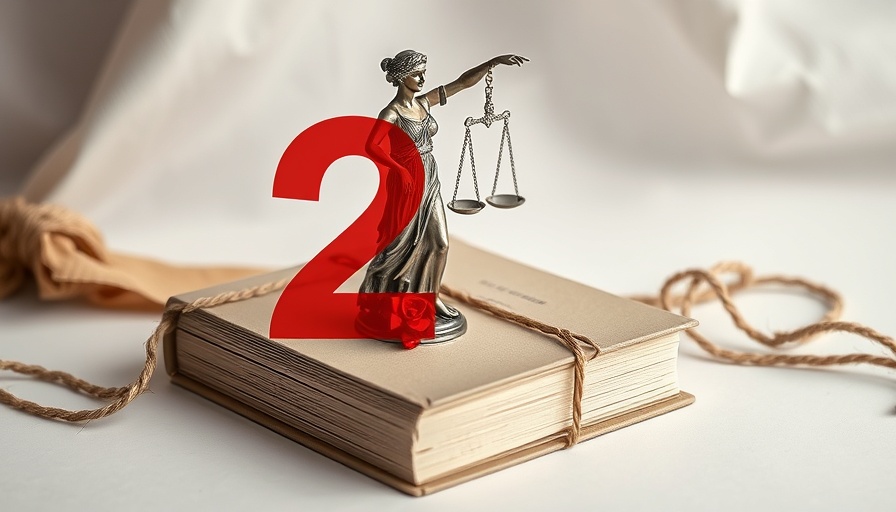
Understanding the ATF's Actions: What’s Legal?
The recent events surrounding Tate Adamiak have raised eyebrows among gun rights advocates. The Bureau of Alcohol, Tobacco, Firearms and Explosives (ATF) conducted a search of Adamiak's home, but it turns out that nothing they found was illegal. This incident has ignited conversations about gun ownership rights and the interpretative practices of the ATF, an agency that has been both supported and criticized over the years. What does this mean for responsible gun owners?
Legal Boundaries of Gun Ownership
At the heart of this issue is a fundamental question: what constitutes legal firearm ownership? According to existing federal and state laws, many items that the ATF might consider suspicious, such as parts or accessories, may not violate any statutes. Gun owners must be aware of the regulatory landscape to protect their rights while ensuring they operate legally.
A Community Divided: Perspectives on Gun Rights
Within the United States, there exists a strong divide on the topic of gun control. While many advocate for stricter regulations citing safety concerns, others fervently defend their Second Amendment rights, viewing the recent events as a government overreach. This incident involving Adamiak serves as a flashpoint for these ongoing debates, igniting discussions on the balance between regulation and personal rights.
Knowing Your Rights: An Essential Skill for Gun Owners
Education is vital. Gun owners must familiarize themselves with the laws impacting their rights to avoid conflict with authorities. Resources such as local firearms training courses or online platforms that offer legal workshops empower individuals with the necessary knowledge. Engaging with firearm communities can also foster a deeper understanding of laws, promoting a culture of responsible and informed gun ownership.
The Bigger Picture: ATF and Future Enforcement
It is evident that the ATF's approach can vary significantly depending on the political climate and public sentiment. Observers speculate that future regulations may tighten or loosen, motivating gun owners to stay current with developments. Keeping an eye on legislative changes and participating in advocacy can help shape the rights of gun enthusiasts and preserve the rights affirmed by the Second Amendment.
Conclusion: Steps Forward for Gun Owners
As this saga unfolds, it’s crucial for gun owners to remain informed about their rights and the evolving legal contexts pertaining to their ownership. When incidents such as the one involving Tate Adamiak occur, they test not only the boundaries of legality but also the resilience of the community advocating for gun rights. To ensure that rights are upheld, practitioners and enthusiasts must remain vigilant and active in their advocacy efforts. With knowledge, community engagement, and adherence to legal guidelines, responsible gun ownership can be effectively maintained in the face of scrutiny.
 Add Row
Add Row  Add
Add 




Write A Comment